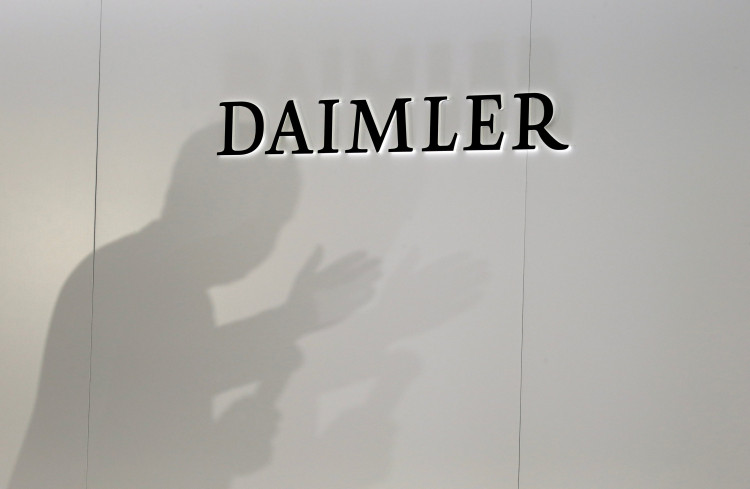According to German research reviewed by Reuters, China is expanding the "red lines" for topics to which it is allergic while applying growing pressure to foreign businesses operating in its markets to align them with its political agenda.
The Berlin-based Merics think tank for China studies and the BDI industry group conducted a poll of more than 100 enterprises and found that it is becoming easier to put pressure on businesses. In 2018, it was discovered that there were significantly more known cases.
"It was about recognizing a pattern of when and how China exerts pressure," co-author Max Zenglein said.
In addition to concerns over national sovereignty, the researchers claimed that COVID-19 reports, penalties on Chinese firms like Huawei, which makes telecom equipment, and backing for parties deemed to be anti-Chinese are now viewed as "new red lines."
In one instance, the German automaker Daimler apologized to China many times in 2018 after using a Dalai Lama phrase in advertising. The foreign ministry of China stated that after reviewing the complete report, it will make a statement.
The COVID-19 virus was first discovered in the city of Wuhan at the end of 2019; however, China has continuously disputed claims that it was released from a specialized facility there.
Although Huawei has consistently denied espionage against the Chinese government, Washington regards the company as a component of the Chinese Communist Party's global surveillance system.
Western textile companies have been targeted on social media in retaliation for Western criticism of China's treatment of the Uighur minority in the Xinjiang area. Foreign consumer goods companies in particular have been the focus of boycotts in China.
"For fear of being targeted, companies may avoid addressing the unfair treatment of foreign firms in China," the researchers wrote. "Or they may consider it safest to align themselves with the Chinese government's positions and goals."
The EU and China's political ties have gotten worse over the past few years. The risks brought on by economic stress have escalated as a result. To cope with this new reality, a realistic evaluation of businesses' vulnerabilities is important.
The most vulnerable industries and businesses in China are those that are seen as having little strategic importance, such as those focused on economic and technological development. There is added risk when Chinese rivals' objectives conflict with those of foreign companies.
High-tech corporations with significant investment presence in China and other foreign businesses are likely to be more secure. These businesses are not likely to experience serious consequences for speaking out on subjects that do not support the government of China.





